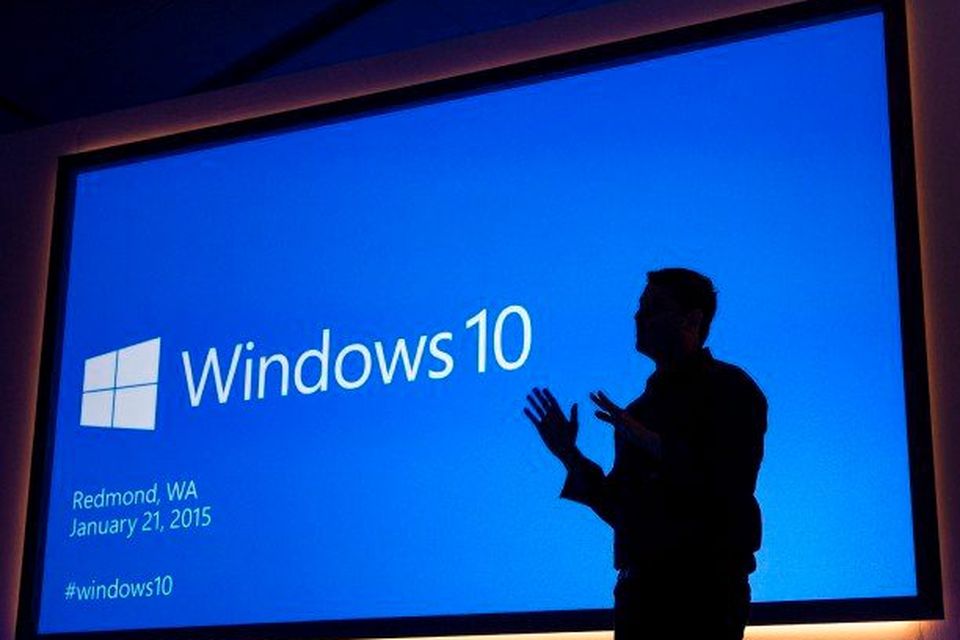'We're not the ones spying on you' - Microsoft responds to Windows 10 privacy backlash
Tech giant Microsoft has spoken out about its data collection policies after the release of its new Windows 10 provoked a spike in users raising privacy concerns.
After Windows 10 came out this summer, Microsoft was roundly criticised for its over-zealous personal data collection – with many going so far as to accuse the operating system of spying on users and collecting data for extraneous purposes.
Critics say the new OS can, and does, send parents reports of their kids' PC use, prevent users from opting out of certain types of data collection, and scan PCs for counterfeit software.
The software giant has finally responded to these accusations in a Windows blog post, saying that it only collects data that makes its products work better.Read More:
"Unlike some other platforms, no matter what privacy options you choose, neither Windows 10 nor any other Microsoft software scans the content of your email or other communications, or your files, in order to deliver targeted advertising to you,” wrote Terry Myerson, executive vice president of the Windows and Devices Group.He insisted that "neither Windows 10 nor any other Microsoft software scans the contents of your email or other communications, or your files, in order to deliver targeted advertising."
In other words, Microsoft does not use Outlook to create targeted advertising like Google's Gmail.
“From the very beginning, we designed Windows 10 with two straightforward privacy principles in mind:
“Firstly, Windows 10 collects information so the product will work better for you.
“And secondly, the user is able to determine what information is collected.”Read More:
He added any information collected falls into three levels: safety and reliability data, personalisation data and advertising data.
Safety and reliability data includes information that lets Microsoft make sure the experience is secure and reliable.
This data includes an anonymous device ID, device type and application crash data.
"It doesn’t include any of your content or files," Mr Myerson said.
The data taken, also known as telemetry, is what Windows uses to improve its service, such as when crashes occur.
Telemetry is on by default in Windows 10, and individuals and small businesses can manage its collection in settings.
Mr Myerson added future versions of Windows for Enterprise will allow this to be switched off but "strongly recommend against this".
Join the Irish Independent WhatsApp channel
Stay up to date with all the latest news















